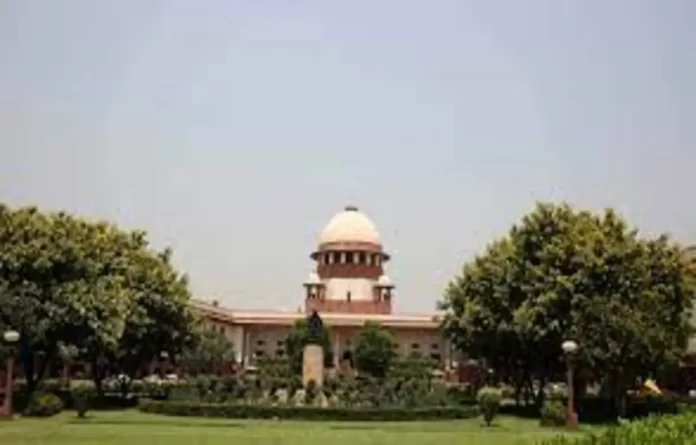The Supreme Court recently referred to a three-judge bench the question of whether time-barred debts, in respect of which civil suits cannot be filed because they are barred by limitation law, can be collected by invoking debt-recovery laws.
A bench comprising Justice Surya Kant and Justice KV Viswanathan reasoned that the reference is necessary since there are conflicting judgments on the issue. The bench further observed that for a comprehensive consideration and an authoritative pronouncement, the matter needs to be placed before the Chief Justice of India to constitute an appropriate three-judge bench. The top court made the reference while dealing with a batch of appeals against an April 2015 verdict of the Punjab and Haryana High Court.
The High Court in the 2015 judgment, had rejected an argument that debts which are time-barred under the Limitation Act, 1963 cannot be recovered by resorting to the Haryana Public Moneys (Recovery of Dues) Act, 1979 or the State Financial Corporation Act, 1951. The High Court stated that the Limitation Act only bars the remedy (filing of civil suit) and does not extinguish the debt itself. It further held that the time-barred debts can be recovered through debt-recovery laws.
This verdict was challenged before the Supreme Court by way of an appeal. Notably, the appellants relied upon the top court’s decision in State of Kerala and Ors v. VR Kalliyanikutty & anr. In this aforesaid judgment made in 1999, a three-judge Bench of the Supreme Court held that the Kerala Revenue Recovery Act did not create any additional right for creditors to recover outstanding amounts.
Furthermore, it was observed that amounts due under the Kerala Revenue Recovery Act would only include legally recoverable debts or debts which are not time-barred. Nonetheless, the Punjab and Haryana High Court, had distinguished the said case by relying on the apex court judgments in the Bombay Dyeing case and the case of Tilokchand and Motichand and Others vs. HB Munshi and another. The High Court mentioned that these two decisions were not placed before the Supreme Court Bench that made the 1999 decision.
Considering this, the Division Bench of the Supreme Court framed the following question in today’s order: Do the State Financial Corporations Act, 1951 and the Recovery of Dues Act of various states create a distinct right and provide an alternative mechanism of enforcement to recover the amount due, even if the amounts due were time barred?
The bench further stated that the power to recover debts under both these laws was distinct and continues even if a civil suit cannot be filed because the debt is time-barred. It concluded that financial corporations have an additional right to enforce their claims, even if they cannot file a civil suit as the debt is time-barred under the Limitation Act.
It also observed that the bench which heard the VR Kalliyanikutty case on which the 1999 judgment was passed was not made aware of this aspect. It added that it appears that there is an additional right to enforce the claims of the financial corporations notwithstanding the bar of limitation.
Subsequently, the Court referred the matter to a three-judge Bench for an authoritative pronouncement on the issue. It directed to place the papers and the orders before the Chief Justice of India for seeking appropriate directions from his Lordship, in this regard.


